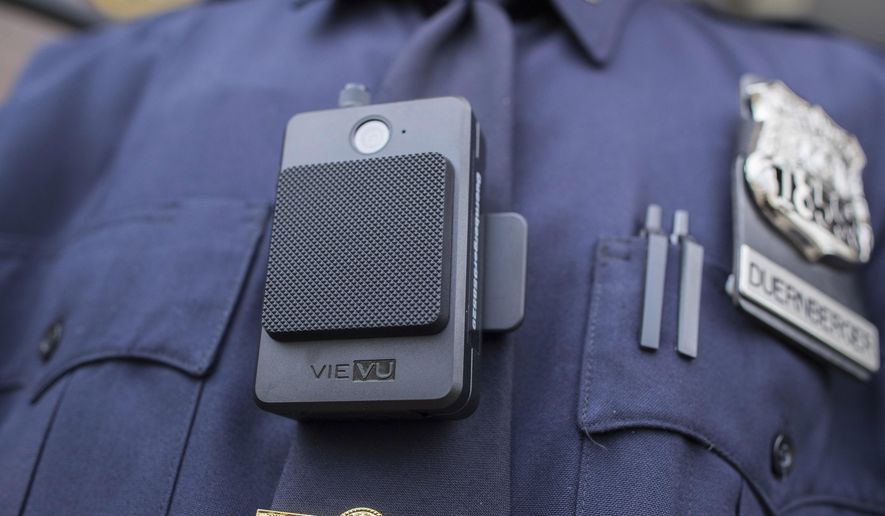The Justice Department announced late Monday it will now require all federal agents to wear body cameras, reversing a longstanding ban and giving a victory to police accountability activists.
Deputy Attorney General Lisa Monaco sent a memo to all federal law enforcement agencies instructing them to develop plans for implementing body cameras within 30 days.
The plans must address where the footage will be stored, when the public can see it and when agents can turn on the cameras. Agencies also must implement a training program for agents to learn how to use the camera.
“I am confident that these policies will continue to engender the trust and confidence of the American people in the work of the Department of Justice,” Ms. Monaco wrote in the memo.
The new policy will likely apply only to the execution of arrest and search warrants. Federal agencies had long resisted requiring body cameras, arguing that some operations needed to remain confidential.
Former Attorney General William P. Barr last year lifted the body camera ban on state and local police officers working on joint operations with federal agencies. But Mr. Barr would not remove the ban on federal agents wearing the devices.
Under that policy shift, local officers working with the Drug Enforcement Administration, the FBI, the U.S. Marshals Service and other federal agencies can wear body cameras while executing search warrants and during some arrests.
Those officers are also allowed to wear cameras during traffic stops, knocking down doors, or other work that involves the use of force.
The footage will be stored with the Justice Department, but it can be shared with a local department if it is necessary for a disciplinary review. Recordings can be released publicly if it records an officer-involved killing or another matter deemed to be of the public interest.
The Justice Department also can decide to block the release of the footage.
• Jeff Mordock can be reached at jmordock@washingtontimes.com.




Please read our comment policy before commenting.